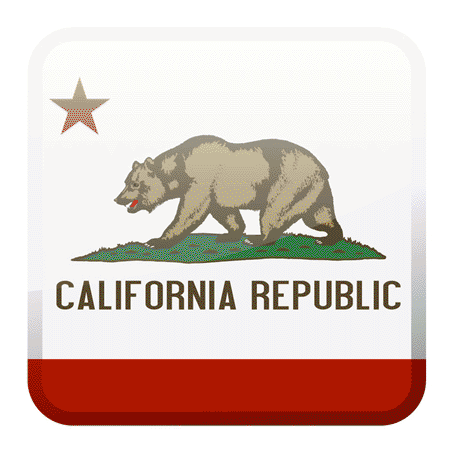California Traffic Tickets
Learn What to Do With Your California Traffic Ticket
Traffic tickets in California are usually infractions punished by payment of a fine and the assessment of points against your driving record. Too many points accumulated on your license can result in suspension of your driving privileges. It is a good idea to periodically check your driving record by conducting an online search.

Fighting California Traffic Tickets
A poor driving record can cause your auto insurance company to refuse to renew your policy or charge you higher rates than someone with a clean driving record. Fighting a traffic ticket offers you the best opportunity for avoiding a conviction and points on your record.
If a traffic ticket was issued for a headlight malfunction or another type of equipment violation, you might not have to fight the ticket. Simply get the problem fixed and have the mechanic complete the certificate of correction located on the back of the ticket. All you have to pay when you get to court is a dismissal fee. It might be helpful to check the status of your vehicle to make certain its plates are in order and there is nothing pending against it.
You can fight your ticket at a trial or through a “trial by written declaration,” which allows you to submit a written statement instead of appearing at a hearing. You might be required to post bail while awaiting the date for trial. The bail will be returned to you if you win, or it will be applied toward any fines if you are found to be guilty.
California Traffic Ticket Fines
Whether you plead guilty to the charge in court, go to trial and lose, or plead guilty by mail, a fine will usually be imposed as your punishment. Fines are payable immediately, but you might be able to avoid payment of the fine if you can prove it is a financial hardship.
Requests for financial hardship must be made in appearance at court. Based upon a determination made by the court about your ability to pay, it may reduce the fine. You can make a request for financial hardship even after the fine was imposed. If you are not sure where your ticket is being handled, you can check it through the state website or you can search through a commercial online service.
California Traffic School
Traffic school allows you to avoid having the points from a traffic ticket added to your driving record. You must meet all of the following guidelines in order to attend traffic school:
- The ticket must be for an infraction and not a misdemeanor
- You were not driving a commercial vehicle when you committed the violation
- The infraction is a moving violation
- You have a valid driver’s license
- You have not attended traffic school within the past 18 months
If you attend traffic school and successfully complete it, any points associated with the ticket you were issued will not be assessed against you. Even if you go to traffic school, you are still responsible for payment of any fines and court fees. A request to attend traffic school must be made to the judge or to the clerk of the court.
Types of California Traffic Violations
California traffic violations are classified as either moving violations or non-moving offenses. Parking infractions are non-moving offenses. Common moving violations include:
- Speeding
- Illegal U-turn
- Traffic light violations
- Stop sign violations
- Failing to signal
More serious violations of the traffic laws are classified as misdemeanors. Common misdemeanors include:
- Driving under the influence of drugs or alcohol
- Reckless driving
- Hit and run causing injury or property damage
- Driving with a suspended or revoked license
Some violations charged as misdemeanors could also be felonies depending upon the facts and circumstances of each case.
Before Comments
Please be advised that the information accessed through SearchQuarry.com searches may not always be accurate or current, as we neither generate nor authenticate the data provided via our service. The reliability and precision of information are primarily contingent upon diverse public sources from which data is compiled. By utilizing SearchQuarry.com, you acknowledge your acceptance of the terms delineated in the SearchQuarry.com terms of service and our privacy policies. Information acquired via SearchQuarry.com must not be utilized for unlawful purposes such as stalking or harassing individuals, or scrutinizing public figures or celebrities. Individuals who contravene these directives may be subject to both civil and criminal legal proceedings and sanctions. It is explicitly stated that SearchQuarry.com does not function as a "consumer reporting agency" as defined by the Fair Credit Reporting Act ("FCRA"), and therefore, does not furnish "consumer reports" pursuant to the FCRA. SearchQuarry.com strictly prohibits the utilization of information garnered from search results (a) for discriminatory practices against any consumer; (b) for assessing a consumer's eligibility for personal credit, insurance, employment, housing, or government licenses or benefits; or (c) in any other manner that may impact a consumer's economic or financial status or standing.


Comments
Last Updated: 2017-07-26